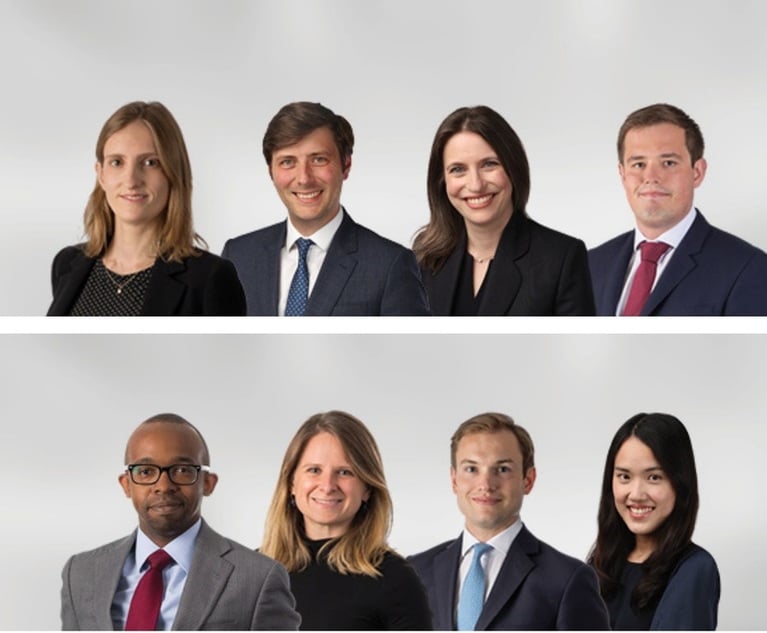As the demands on the modern GC rise, more companies have recruited legal heads from their advisers. Caroline Hill talks to the lawyers have who switched sides
If you ask a handful of general counsel which of their external advisers they might select to take over their job and why, you are more likely to be given a lengthy diatribe on why not.








